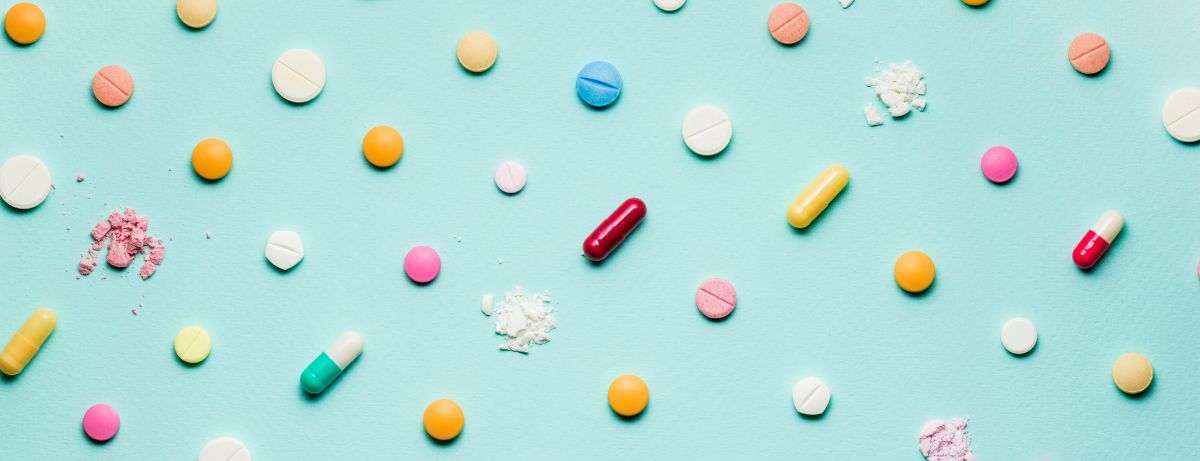Have you ever seen the words “generic” on the label of a prescription pill bottle? Or seen boxes of pain relievers that show the logo of the grocery store instead of the popular brand? Are you curious about whether these plain-vanilla products are viable alternatives to their fancier brand name counterparts?
If so, you’ve wondered about generic drugs. Generics are everywhere: they’re on the shelves of grocery stores alongside many over-the-counter medicines and supplements; they’re behind the pharmacy counter and dispensed alongside patented prescription medications. Each year, more than 2.6 billion prescriptions are filled in the U.S. using generic drugs.
Still, you may have questions about generic medications and how they differ from their brand name equivalents. Read on for answers.
Q: What is a brand name drug?
A: A brand name drug is a medication that carries a “branded” product name. For example, Tylenol® is a brand name for the medicine acetaminophen and Humira® is a brand name for adalimumab. Drug manufacturers invest significant time and money into research and clinical trials before pharmaceutical products get reviewed by the Federal Drug Administration (FDA). Then they spend handsomely on advertising campaigns when drugs reach the market. The retail prices of brand drugs are higher so that their manufacturers can earn back what they spent on those costly development and launch phases. New drugs receive patents that prevent other manufacturers from introducing comparable products for as long as 20 years.
Q: What is a generic drug?
A: A generic drug contains the same medicine as its brand name counterpart. Generic drug manufacturers are allowed to produce their products as soon as patents on brand drugs expire. Since their active ingredients are the same as what’s in the brands, generics are equally effective. In fact, the FDA requires that they have the same strength, dosage form and route of administration as corresponding brand name medications. (For example, generic acetaminophen delivers the same active ingredient and dosage options as Tylenol.)
Q: Are generic drugs safe?
A: Yes. Generic drugs must be FDA-approved before they are introduced to the market. Once they’re released, they are also monitored for safety by the FDA in the same way as brand drugs.
Q: Why do generic pills look different?
A: The size and shape of brand drugs are protected by trademark laws. Even though generics contain the same active ingredients as brand medications, their appearances and flavors are distinct – sometimes only subtly.
Q: How do the costs compare?
A: Generic medications typically cost between 80-85% less than brand name medications. That’s because generic manufacturers don’t have to invest time and money in researching, developing or marketing the drug. Those substantial cost savings are passed along to consumers.
Q: What if I still have questions?
A: You should feel comfortable and informed about any medications that you take, whether they’re available over-the-counter or prescribed by a physician. Your doctor and pharmacist are both excellent information resources. Take any questions you have about generic drugs to one or both of them.

